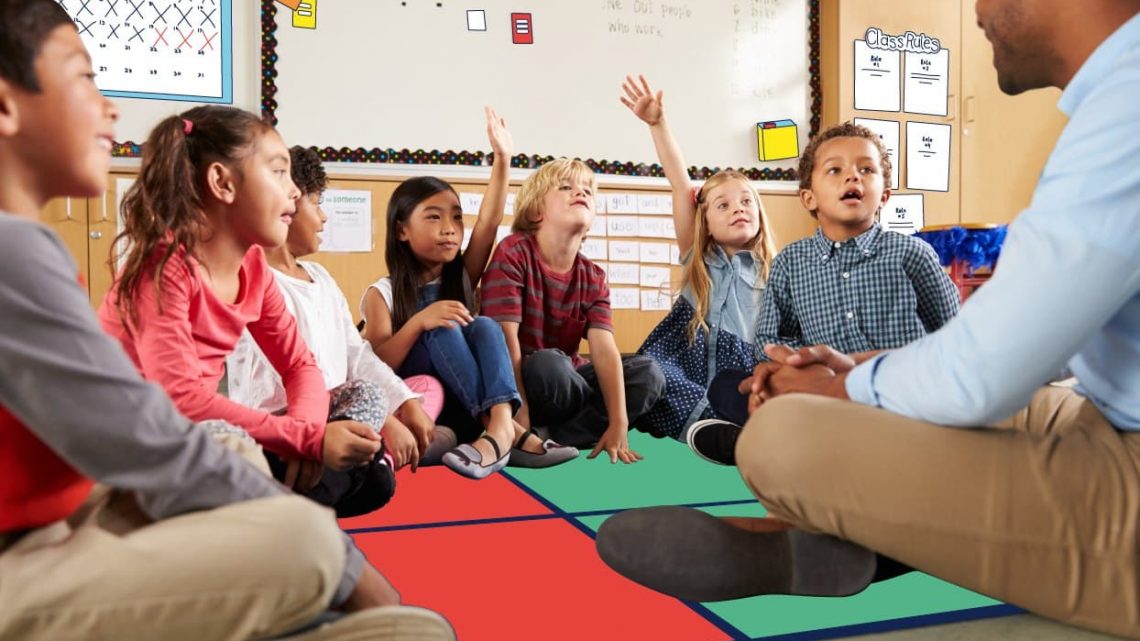It is a very interesting question every teacher should ask. I think that evaluation requires reference points. Skills development can be observed in the process of working on projects – “before” and “after”. Therefore, in such a system it is ideal to have an individual learning plan or at least a plan that each child is familiar with and agrees to follow. An excellent measure of success and effectiveness is a Student’s own assessment. I truly think that a feedback, that comes not only from the teacher, the mentor, but also from an Actor of a learning process, is a brilliant solution in the Finnish system. This was a kind of discovery for me, although this type of assessment is actually laying on the surface! It would be an interesting learning practice to let students go through their own work, correct, refine and evaluate the work as they go along, using any sources that seem important to them- the Internet, dictionaries, books, advice from a more experienced friend or teacher. This is how we learn at the end!. It can easily happen that a student who gets a bad grade at best will put off catching up with material indefinitely, and at the worst, he or she will be completely unmotivated to correct something and study the missing or misunderstood material, and will give up and take the subjective grade for an absolute truth. Such a passive reaction is completely pernicious for the learning process and should be detected early and approached. The existence of feedback from peers in the Finnish system is also a wonderful practice, that I would advise to try for all school teachers.
The journey from grade to mark can be compared to the startling transformation of the silkworm into a butterfly. We cannot say that a butterfly emerging from a silk cocoon is the same as a silkworm walled up in the same cocoon, can we? And, once born, the mark is destined to play an important role not only in the child's learning activities, but also in his life. (...) In his social environment few will remember that the mark is a kind, innocent reflector of the child's knowledge, helping him to navigate the coming learning process. Now it will already enter the learning activity through the social life of the child, endowed with the imprints of that life and turned into an idol.
Шалва Амонашвили
When an assessment, which is essentially feedback, comes from different sources, it is no longer perceived as something negative and absolute, coming down from above. Plus, when you evaluate your work or others in your class, you become aware that there are certain criteria for assessment. Then even if the work is rated low, there will be no frustration and loss of motivation as the person is already well aware of how the work can be improved and that everybody is making mistakes and it’s fine. It’s actually much more intellectual fun to look for a mistake and find an answer, than to please a teacher with something you know!
In this case, the measure of success may be the ability to critically assess the work and independently conduct a research. Another skill that is going to develop is to give and receive feedback in a non-offensive and constructive way. These are very important and useful skills. Moreover, as a bonus a student learns even more as a teacher had in the plan, because the process may carry you away to discover more!
